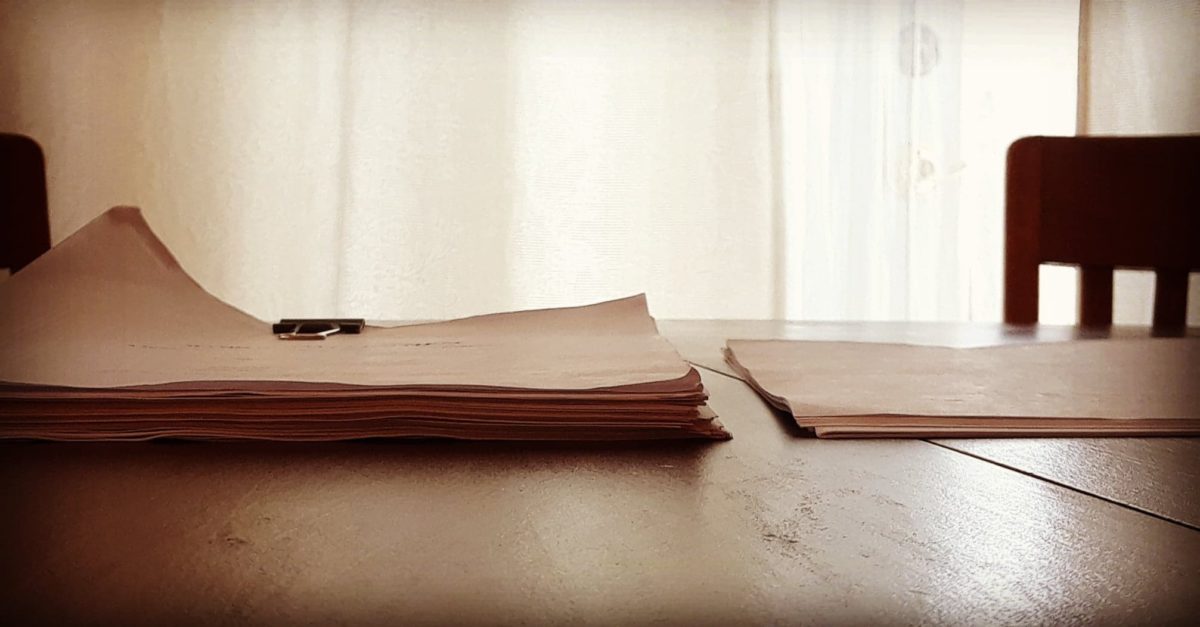Four years ago today I put my older son, Eli, on a plane to the Philippines to finish his last nine months in the Peace Corps. He had come home to support his father, who’d had a lightning fast cancer diagnosis and surgery. We’d hardly had time to adjust to “cancer” before the word “cured” was thrown out—on Christmas day.
The diagnosis came on a Thursday in late December.
I spent Friday on the phone with the Peace Corps central people in Washington, D.C., (unhelpful) and airline customer service (helpful but expensive).
On Saturday, I was off to the airport for my younger son, Seth, home from his first semester at college. I had decided not to tell him about the cancer during his final exams, so our conversation in the car was a lot for him to process. I gave him small doses, chunks of information. And after a long silence, he would not ask about his father, but return, astonished, to a safer, and somehow more shocking reality, his brother’s return. “Eli is coming home?! Tomorrow?“
Yes. He was.
So then Sunday again to the airport to pick up Eli in a small-by-American-standards car. He couldn’t get over it. “This car is so huge! Look! So much leg room! My knees aren’t hitting the dashboard!”
And then I fetched my stepmother from the airport. In the next weeks she valiantly held the fort at home, processing laundry and keeping us fed, while the rest of us tag-teamed staying at the hospital.
On Christmas day she and Seth made a feast.
“My first husband married me for my gravy,” she reported at dinner.
It was, in fact, exceptional gravy. We murmured our approval.
“Turns out, gravy isn’t enough.”
Even without cancer, this liminal time between semesters, between Christmas and Epiphany, this turning of the year—it is always disorienting. But that turning five years ago was especially intense and poignant.
We laughed often. In the pre-op waiting room, which had only one chair, my 6’3″ baby sat on my lap making rude jokes while his older brother, at one point, started singing the Philippine national anthem—to the delight of the Filipina nurse.
There was a bit too much jollity for the patient, who, after one too many fart jokes, laugh-cried, “Knock me out! Put me under!”
The longest day of all our lives.
But we all survived. Scathed, but alive.
By the end of his time at home, we were joking that Eli was Gulliver, going to the land of the tiny people and tiny things.
And back we went to the airport for the zillionth time.
I watched the boys at the ticket counter from a distance. The other passengers all down the long counter seemed so tiny, a full head shorter than Seth, who loomed up like a giant.
The guy at security seemed a bit strung out. “People. I need you to empty your pockets. Empty pockets. Please keep in mind that if you have something in your pockets… the pockets… are not empty.”
He spoke in a loud, clear voice, very slowly. His delivery was stellar. Later he said, “I would highly… highly… recommend removing your belts… now.”
It was easier that time, sending Eli off on that plane, because instead of two years, it would only be nine months. Also, I remembered a story he had told me.
Once when he was walking along the beach after a run, Eli’s little preschooler friends ran up to him en masse to give him a giant group hug. And then they walked along beside him, holding his hands.
An adult asked them, “Who’s this American?”
The children dismissed the adult. “He’s with us.”
I knew Eli would be cared for.
Reassuring. Because from the day they emerge from our bodies—or enter our homes by some other means—they are never ours to have. Our children, from the get-to, are on their way out the door. We claim them, and hope that others who claim them, too, will be good and kind.
He’s with us.


Beautiful.
And I laughed so much at the poor TSA guy.
I needed this today. I feel myself trying to hold on to my daughter, when I need to be letting her go. Motherhood is the worst. And, of course, the best.